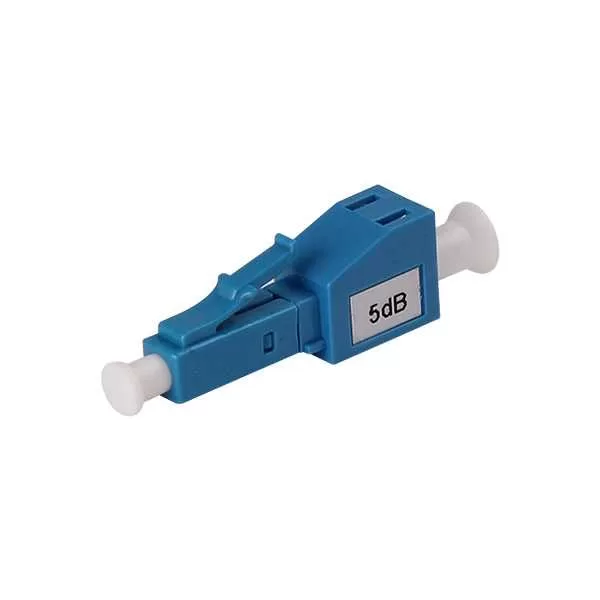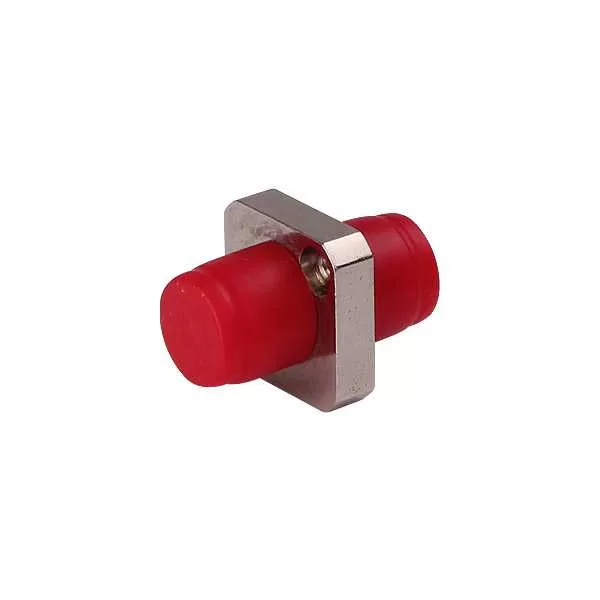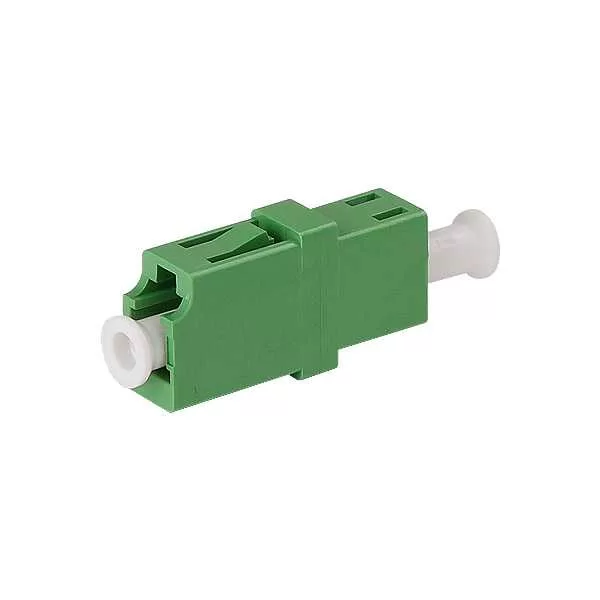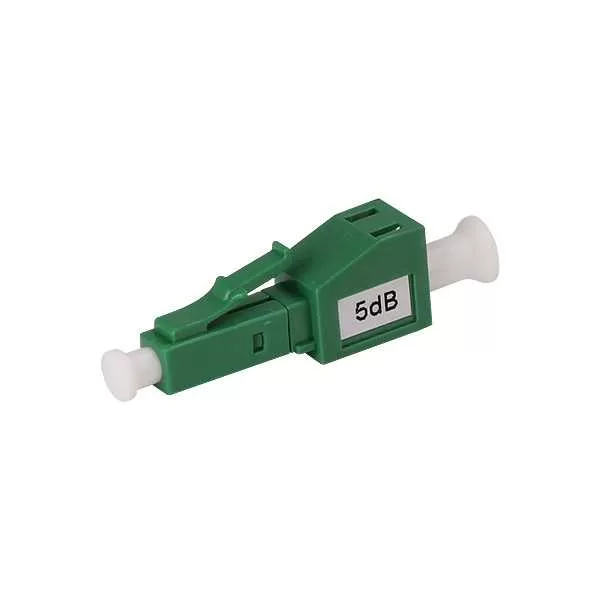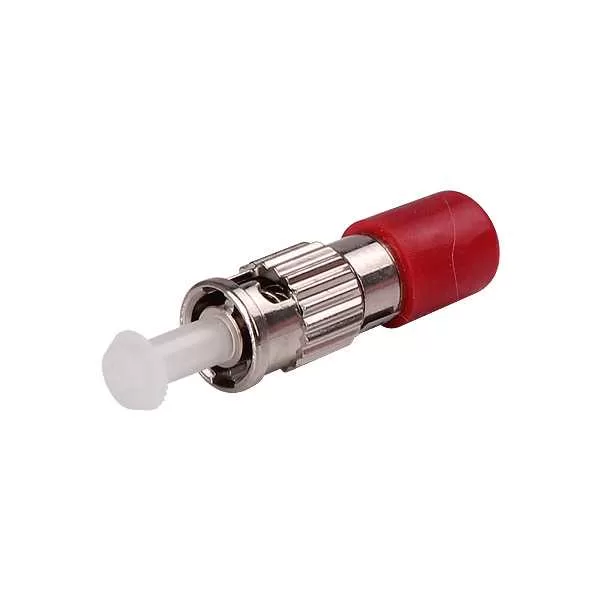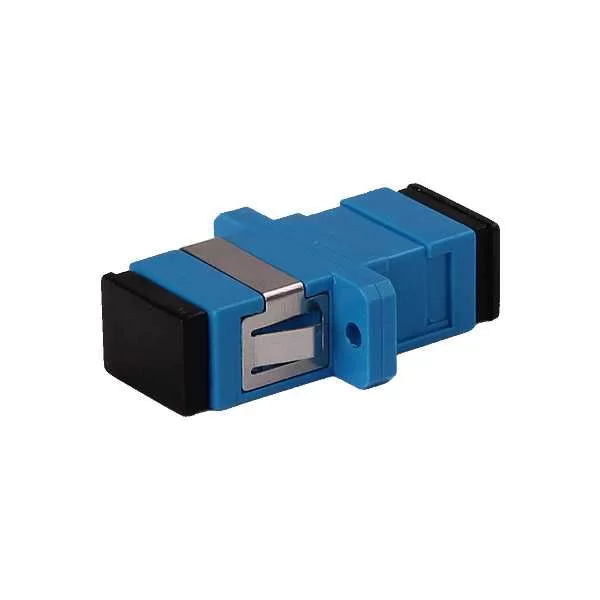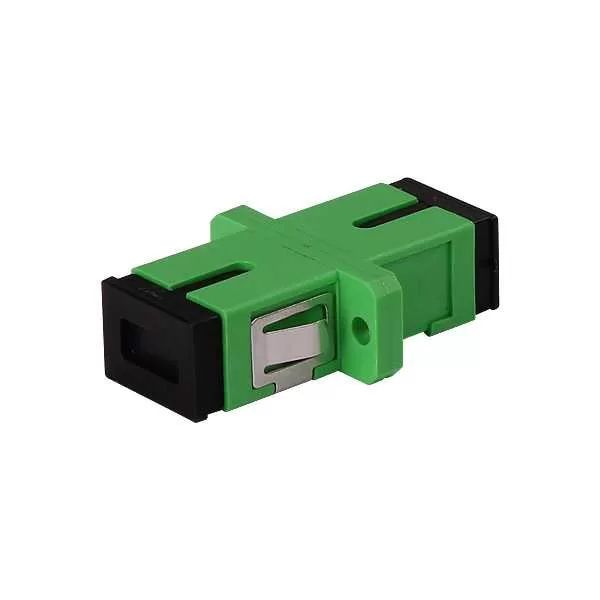Introduction to LC UPC Attenuator
LC UPC Attenuators are devices to reduce the optical fiber power by a certain level within the fiber optic network. LC/UPC Attenuators are usually used when the signal arriving at the receiver is too strong and hence may overpower the receiving elements. This may occur because of a mismatch between the transmitters/receivers (transceivers, media converters), or because the media converters are designed for a much longer distance than for which they are being used. Sometimes LC fiber attenuators are also used for stress testing a network link by incrementally reducing the signal strength (increasing the dB attenuation) until the optical link fails, thus determining the signal’s existing safety margin.
Features
- Environmentally stable
- Easy Installation
- Custom Designed Specifications
- Low Return Loss
- Readily Panel Mountable
- Compact Packaging
- Fixed attenuation values increments from 1 to 25dB
LC UPC Attenuator Specification
| Fiber Connector | LC/UPC |
| Connector Gender | Fixed Male to Female |
| Ferrule Type | Zirconia Ceramic |
| Transfer Mode | Single Mode |
| Attenuation | 1dB-30dB |
| Operating Wavelength(nm) | 1260~1620(SM) |
| Attenuation Accuracy | ±0.5dB |
| Return Loss | ≥45dB |
| Polarization Dependent Loss | ≤0.2dB |
| Max Optical Input Power | 200mW |
| Humidity | 95%RH |
| Operating Temperature Range | -40~80°C |
| Storage Temperature Range | -40~85°C |

